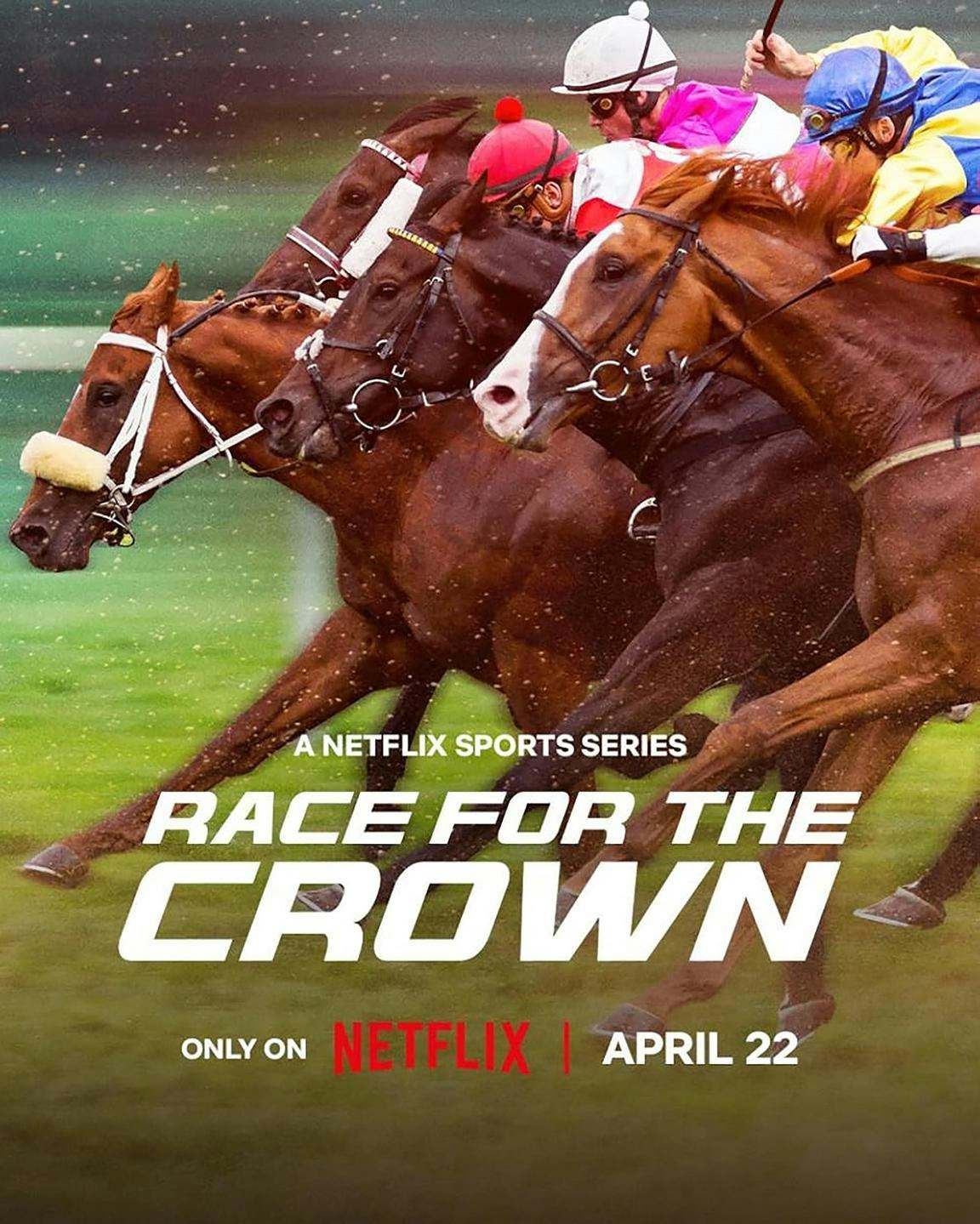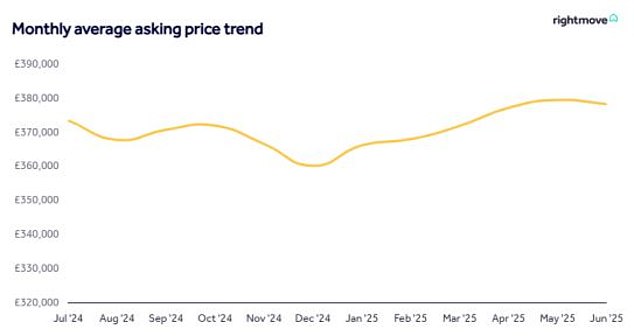This article is taken from the June 2025 issue of The Critic. To get the full magazine why not subscribe? Right now we’re offering five issues for just £25.
Here’s a question: who is champion jockey? I’m a lenient quiz master, so you can answer for either the flat or jumps. And no, it’s not Frankie Dettori, who hasn’t been champion since 2004 but remains the only household name jockey.
If you said Oisin Murphy or Sean Bowen (over the jumps), congratulations. But I suspect you’re a hard-core racing fan. If, however, you have only a passing interest in the sport … well, I’d be amazed if you knew either.
That’s no criticism of them. I’d say Bowen is the best jump jockey to have been based in the UK since A.P. McCoy, and Oisin Murphy is a wonderful rider. But the fact that next to no one has heard of them is a damning statement about the way racing is marketed. There have been any number of “initiatives” designed to promote the sport, but most of them sink without trace.
Take the latest, the David Power Jockeys Cup. Heard of it? Of course you haven’t. This was “a new competition for jump jockeys who ride in British National Hunt races broadcast on ITV Racing during the core period of the 2024-2025 season”. Points are awarded for jockeys who finish in the first four in every ITV race and the winner has the most points at the end.

Big deal. Except it is a very big deal because the winner was given a cheque for £500,000. It was won by Harry Skelton (another champion jockey you may have never heard of). Brilliant for Skelton and the rest of the top ten jockeys, who each won sizeable chunks of cash. But not so brilliant for racing, which has derived no serious publicity from it. They would have been better off burning the prize money, which would at least have got some news coverage.
Still, racing’s leadership has at last cottoned on to the fact that in the absence of rare household-name horses such as Desert Orchid or Frankel, jockeys are the key to marketing. And in that respect there are some good ideas taking hold.
Netflix’s Formula 1 series Drive to Survive has had such an astonishing impact on that sport’s popularity that it’s not surprising everyone else wants to get in on the action. There have been weak attempts to copy the formula for golf, tennis etc. But last year ITV put out a fly-on-the-wall series, Champions: Full Gallop, at peak time, and it was a brilliant watch.
It did respectably, too, with an average audience of 730,000 for the six episodes. The first was the most popular with 1,030,000 viewers and was the third most watched sports documentary of the year on any channel. There have been a further 1.5 million streams of the series. Filming of a second series is under way, and that can only be good news.
In a similar vein, Netflix is now showing Race For The Crown, about the run-up to the US Triple Crown races. It’s entertaining and, like Champions, offers genuine insight into the sport. But it’s striking that it chooses to focus on Frankie Dettori, who last year moved to ride in the US after his supposed retirement tour here. It’s not Netflix’s fault that, like Lester Piggott, he has now become notorious for his tax affairs. The problem racing has is that Dettori — before his bankruptcy — was a one-in-a-million star, a scintillatingly brilliant jockey but also a naturally charismatic showman. You can’t market an entire sport around one man.
In that vein, last month saw the launch of a $15 million global racing league focused on a dozen genuinely brilliant jockeys, with (oh, yes) Dettori, Ryan Moore and William Buick signed up alongside the likes of James McDonald, Joao Moreira and Zac Purton. The idea is that they will ride against each other at ten new fixtures across the planet, each always wearing their own silks. The jockeys will own equity in the league, so they will have every incentive to make it work.
If it gives the best jockeys a global sporting profile, what’s not to like?












